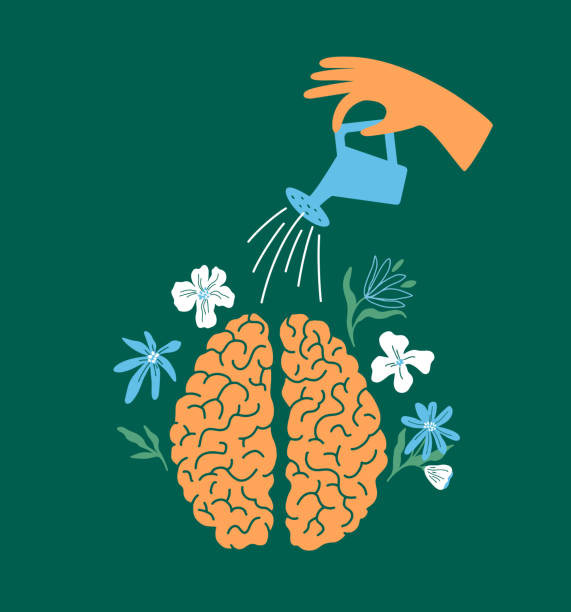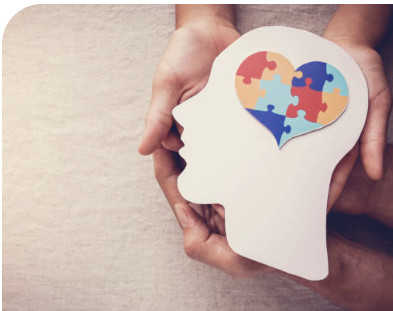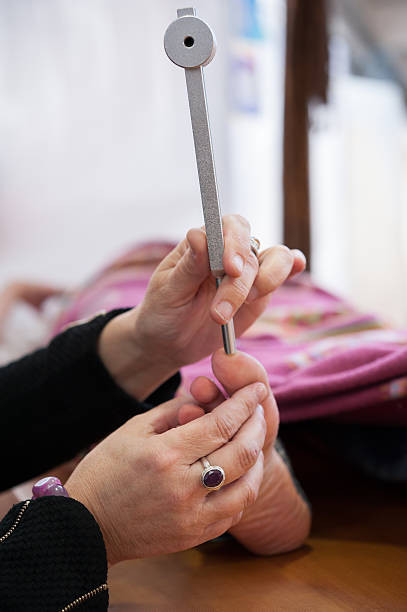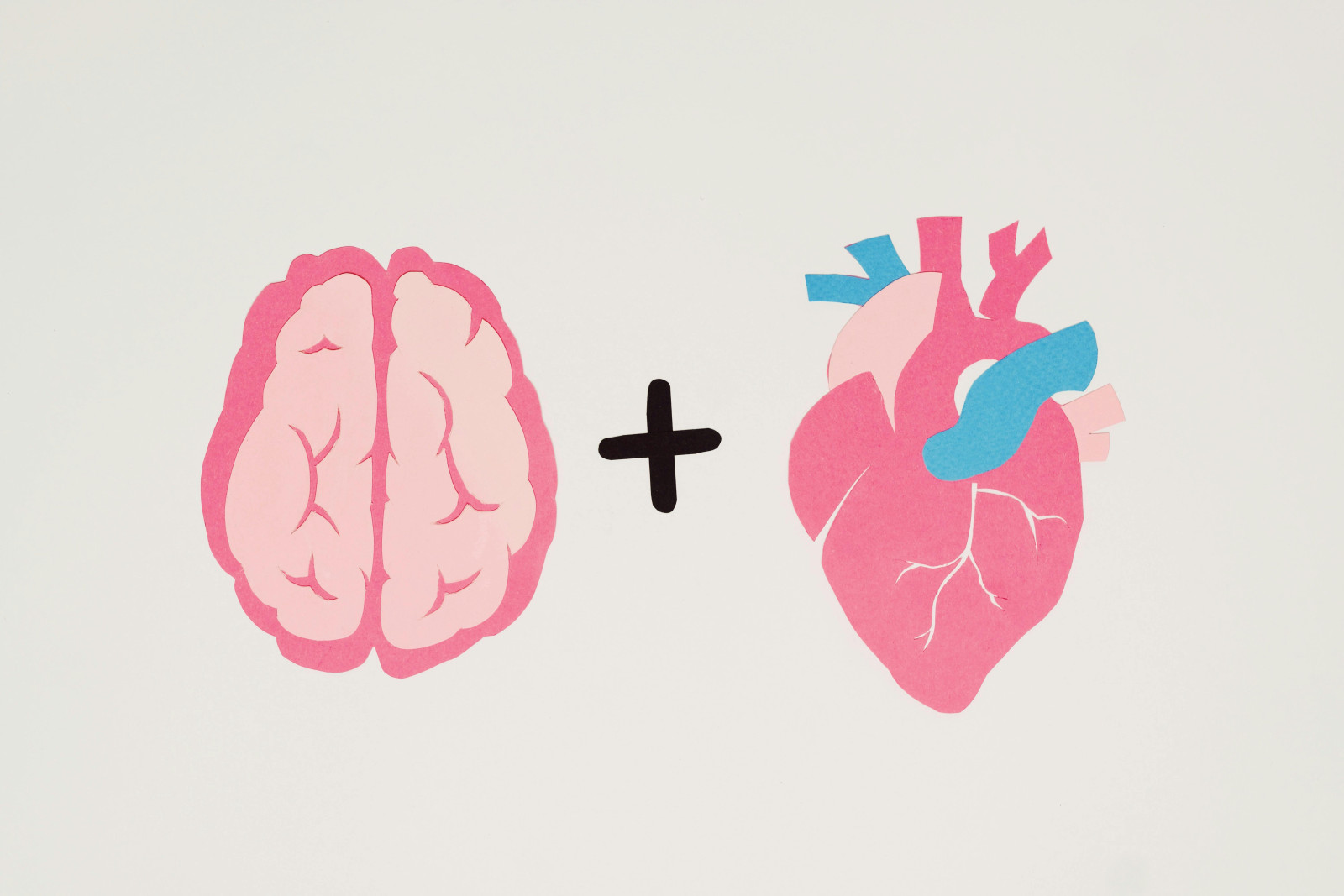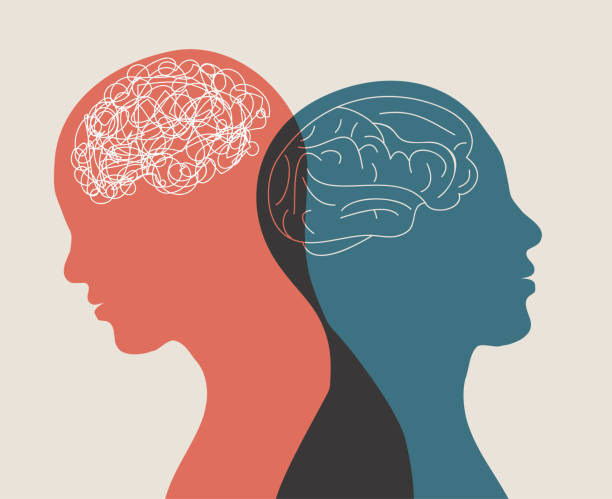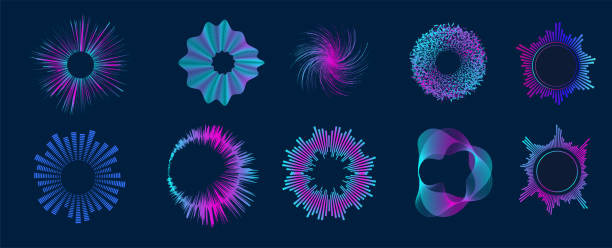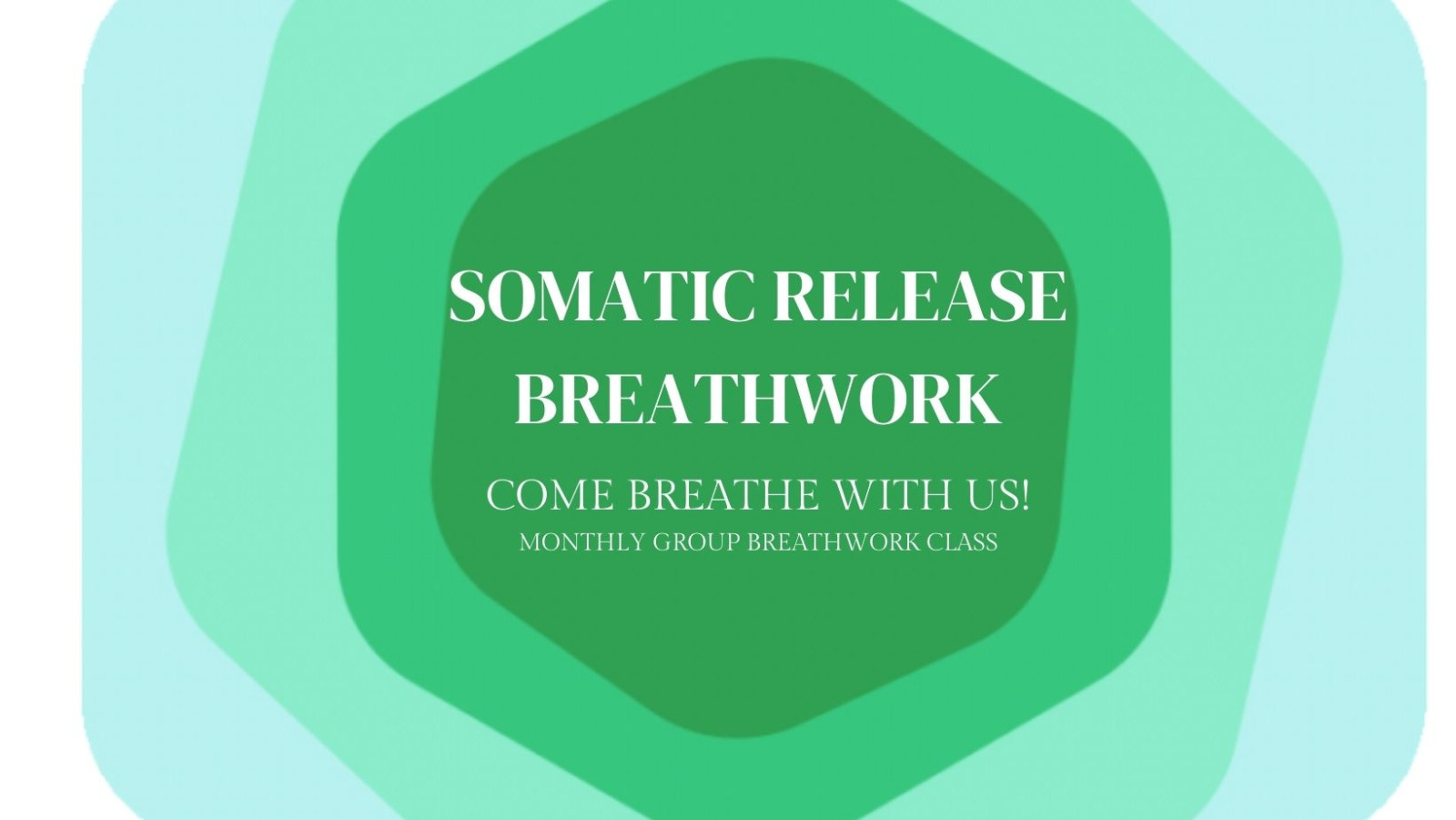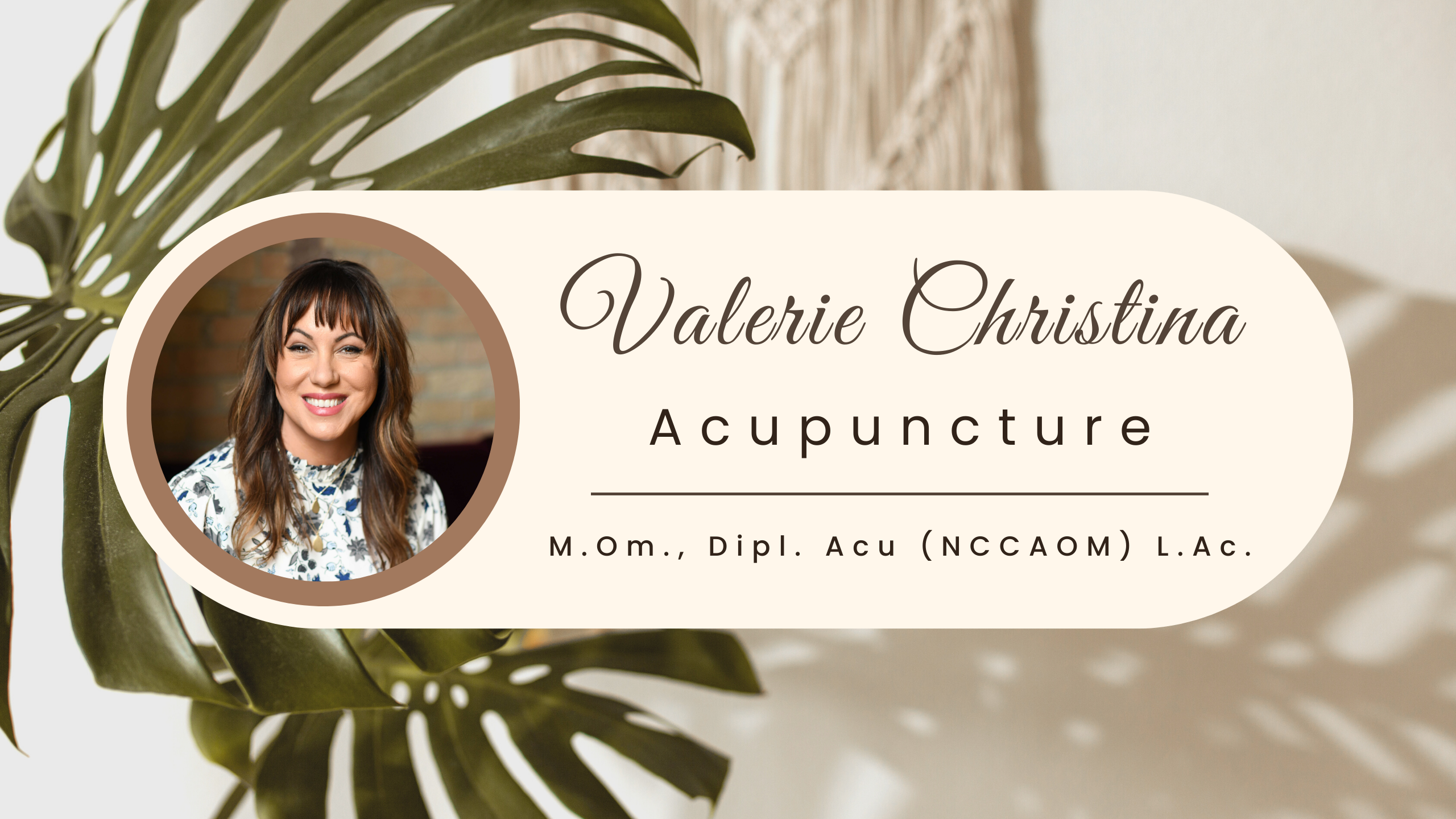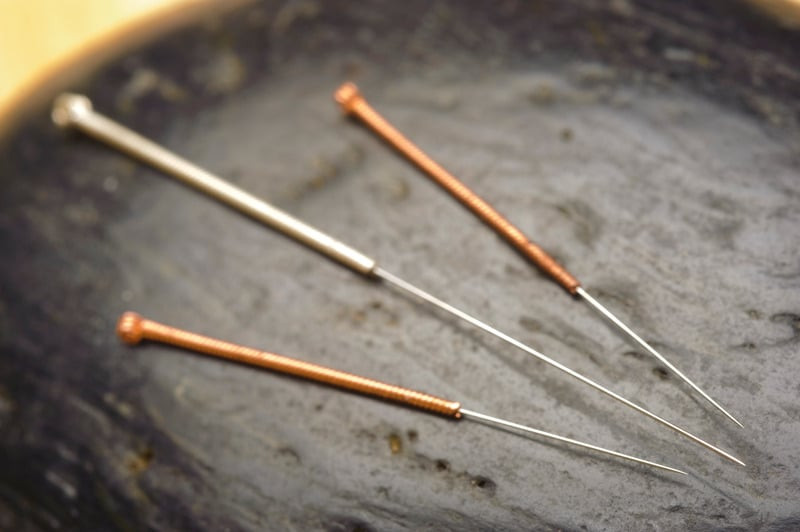
In today's fast-paced world, mental health challenges such as depression and anxiety have become increasingly prevalent. While traditional treatment methods like therapy and medication remain essential, many individuals are seeking complementary therapies to support their mental well-being. One such practice that has gained significant attention is acupuncture. In this article, we will explore how regular acupuncture treatments can effectively manage depression and anxiety and promote a more balanced and harmonious state of mind.
1. Promotes Relaxation and Stress Reduction:
Acupuncture involves the insertion of fine needles at specific points on the body to restore the flow of energy or Qi. This process stimulates the release of endorphins and enkephalins, naturally occurring chemicals in the body that induce relaxation and alleviate stress. By accessing these specific points, acupuncture helps to calm the nervous system, allowing individuals to enter a state of deep relaxation, reducing feelings of anxiety and aiding in the management of depression.
2. Balances the Body's Energy:
Traditional Chinese medicine views mental health conditions as an imbalance in the body's energy flow. Acupuncture, as a holistic therapy, aims to restore this balance. By targeting specific meridians related to mental well-being, such as the heart and spleen meridians, acupuncture helps to harmonize the flow of energy. This restoration of balance can be immensely beneficial in reducing symptoms of depression and anxiety.
3. Enhances Natural Brain Chemistry:
Acupuncture not only affects the body but also triggers changes in brain chemistry. Numerous studies have shown that regular acupuncture treatments can increase the production and release of serotonin, the "feel-good" neurotransmitter associated with mood regulation. By promoting the release of serotonin, acupuncture can help alleviate symptoms of depression and anxiety and promote overall emotional well-being.
4. Alleviates Insomnia:
Depression and anxiety often disrupt sleep patterns, leading to insomnia or poor sleep quality. Acupuncture has been found to effectively address insomnia and promote restful sleep. By targeting specific acupoints associated with sleep regulation, acupuncture can assist in resetting the body's natural sleep-wake cycle. Improved sleep patterns can significantly impact overall mental health and contribute to reduced feelings of depression and anxiety.
5. Complements Traditional Approaches:
Acupuncture is not meant to replace traditional medical interventions for managing depression and anxiety but can be a valuable complement to existing treatment methods. By incorporating regular acupuncture sessions into a comprehensive treatment plan, individuals can experience synergistic benefits. The combination of acupuncture with other modalities such as therapy and medication can provide a well-rounded approach to mental health management.
Acupuncture, with its ancient roots in Chinese medicine, offers a holistic and natural approach to managing depression and anxiety. By promoting relaxation, balancing the body's energy flow, enhancing brain chemistry, alleviating insomnia, and complementing traditional treatments, regular acupuncture treatments can be an effective tool in the journey toward mental well-being. If you are considering alternative avenues to enhance your mental health, discussing acupuncture with a qualified practitioner may be a transformative step towards finding balance and harmony within yourself.

